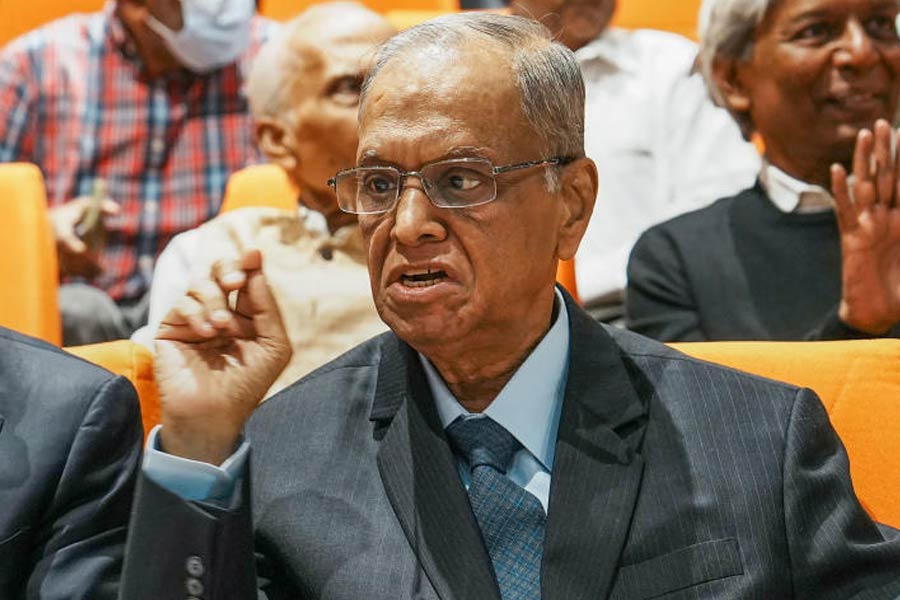The Economic Survey presented by the chief economic adviser on Friday has taken a contrarian view to some of the corporate chieftains of India Inc who exhorted employees to stay logged in for long hours at their workplaces.
The survey presented by CEA V. Anantha Nageswaran expressed the need to put mental well-being at the centre of the economic agenda, adding that India’s demographic dividend is riding on skills, education, physical health and above all mental health of its youth.
The Survey argued that “hostile work cultures and excessive hours spent working at the desk can adversely affect the mental well-being and ultimately put the brakes on the pace of economic growth”.
While the CEA did not specifically elaborate on how many hours can be construed as ‘excessive’, the survey cited a study that documented adverse health effects when hours exceed 55-60 per week.
While noting that hours spent at work are informally considered a measure of productivity, the Survey argued that spending long hours at the desk is detrimental to an employee’s well-being.
Contrasting views
In contrast, Infosys co-founder N. R. Narayana Murthy had sermonised that Indians should be ready to log in 70 hours in a week and L&T chairman S.N. Subrahmanyan had suggested employees should work for 90 hours, including on Sundays.
Both comments had sparked nationwide debates on work-life balance and put the spotlight on mental health.
Many had then argued, even from corporate India, that working long hours do not always work out to be productive or even produce quality work. The Survey appears to be agreeing to that point of view.
“Lifestyle choice and workplace culture are critical for mental well-being and hence, productivity. If India’s economic ambitions are to be met, then immediate attention must be given to lifestyle choices that are often made during childhood/youth,” the Survey argued.
The Survey also pointed out, quoting another study, that workplace culture is but one factor (among several) in the determination of productivity (and mental well-being).
A study by the WHO finds that globally about 12 billion days are lost annually due to depression and anxiety, amounting to a financial loss of $1 trillion.
In rupee terms, it translates to about ₹7,000 per day, the Survey noted.











